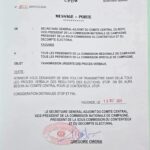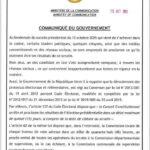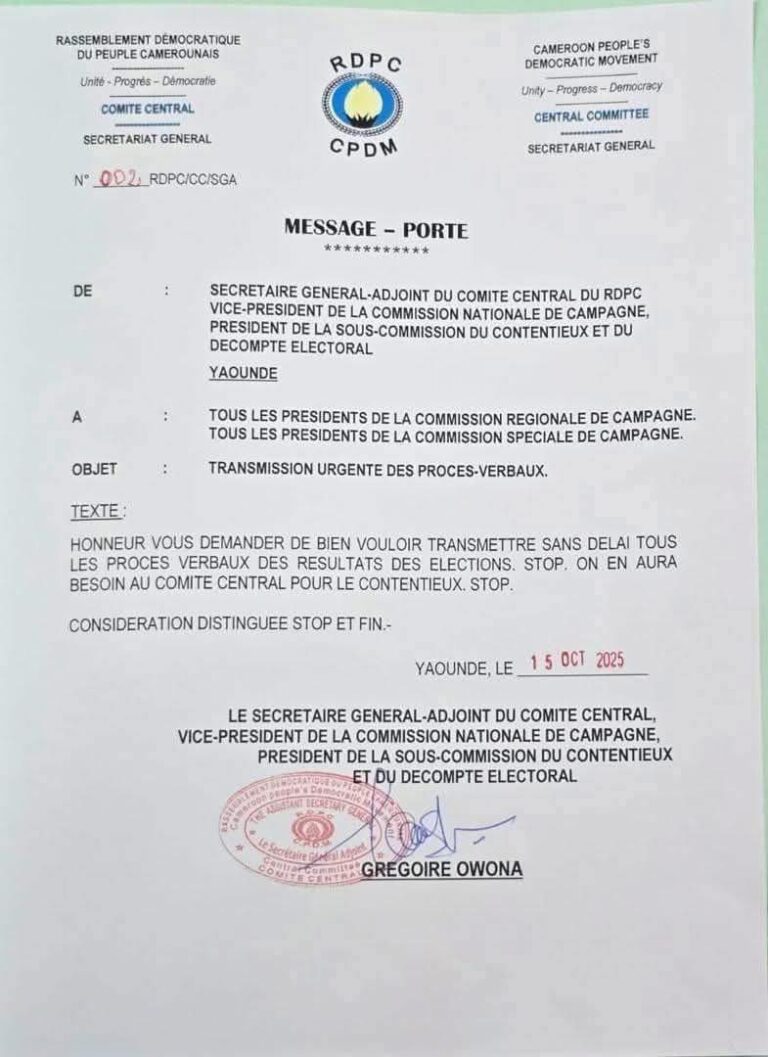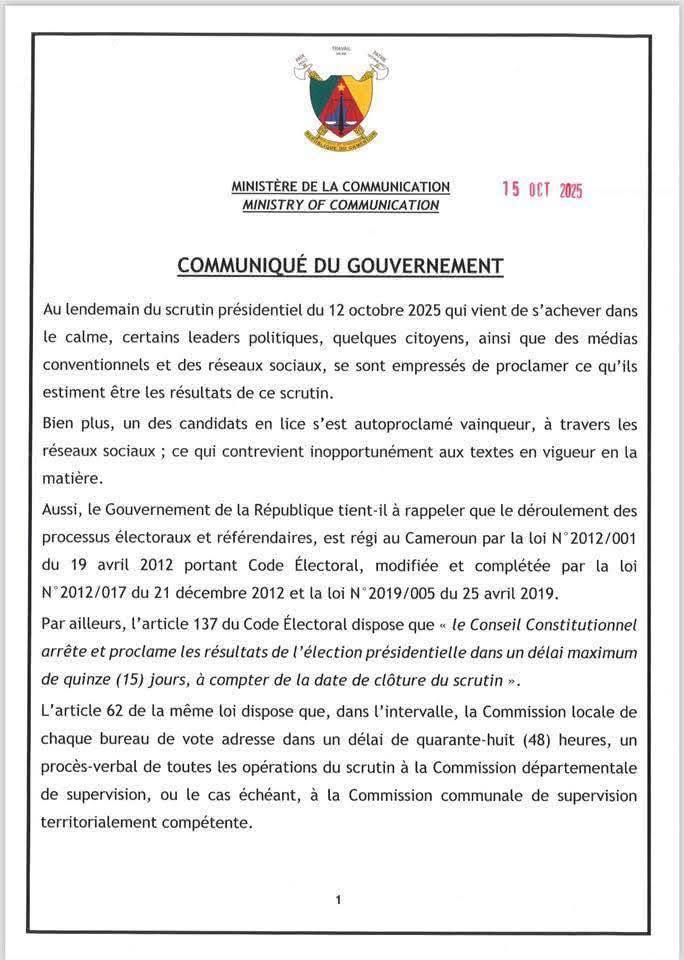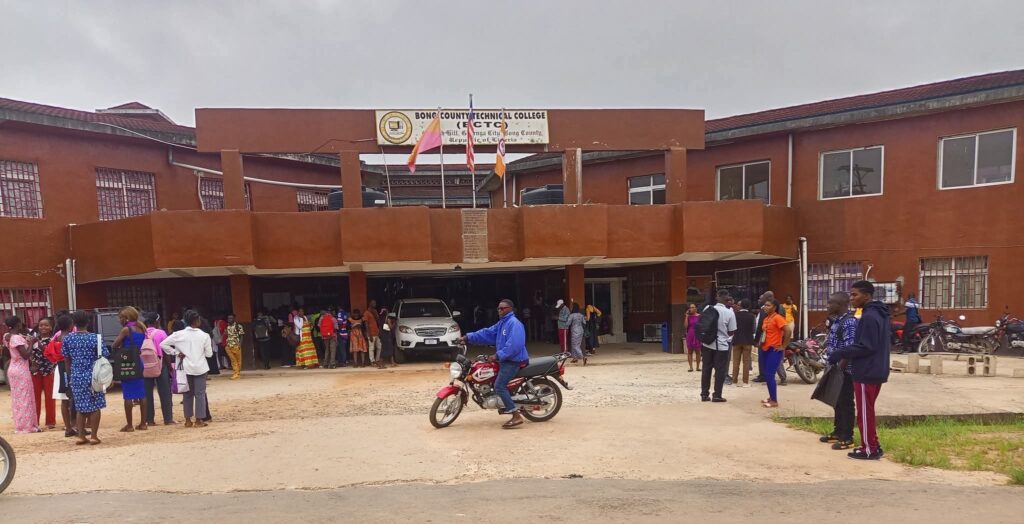
Bong County — The ongoing strike by the Rural Universities and Colleges Faculty Association of Liberia (RUCFAL) is set to continue indefinitely after a high-level meeting with the administration of the Bong County Technical College (BCTC) ended in deadlock on Monday.
By Selma Lomax [email protected]
The meeting, which lasted more than three hours, was convened by the BCTC administration in a bid to end the weeks-long strike that has crippled academic activities across nine rural tertiary institutions in Liberia.
However, no agreement was reached, as RUCFAL reaffirmed its decision to remain on strike until its demands are fully addressed.
RUCFAL is demanding increased salaries and improved working conditions for faculty at rural colleges and universities. The union has accused the Liberian government of failing to address longstanding salary disparities and what it calls unfair treatment of rural academic staff.
Despite the unresolved issues, BCTC reopened its doors on Monday, with part-time instructors reportedly taking on classes. Still, the continued absence of full-time faculty has left the full resumption of academic activities uncertain.
Speaking after the meeting, BCTC Vice President for Administration, James Sibley, expressed disappointment over the outcome but said he remained hopeful for progress in future discussions. “The emergence of situations like this is common, but it takes time to have it resolved,” he said.
RUCFAL National President Varney Allen, however, criticized BCTC’s decision to resume classes, describing it as an attempt to undermine the union’s demands. “This is not just about reopening campuses. It’s about achieving a fair and lasting solution for rural educators who have been marginalized for too long,” he said.
Last week, BCTC President Dr. Alfredson Taikerweyah Sr. acknowledged the legitimacy of RUCFAL’s demands but warned of the long-term impact of the strike on students. He appealed for a resolution that balances the needs of faculty with the academic future of students.
As the impasse continues, students, parents, and local leaders remain concerned about the prolonged disruption and its consequences on the academic calendar.

